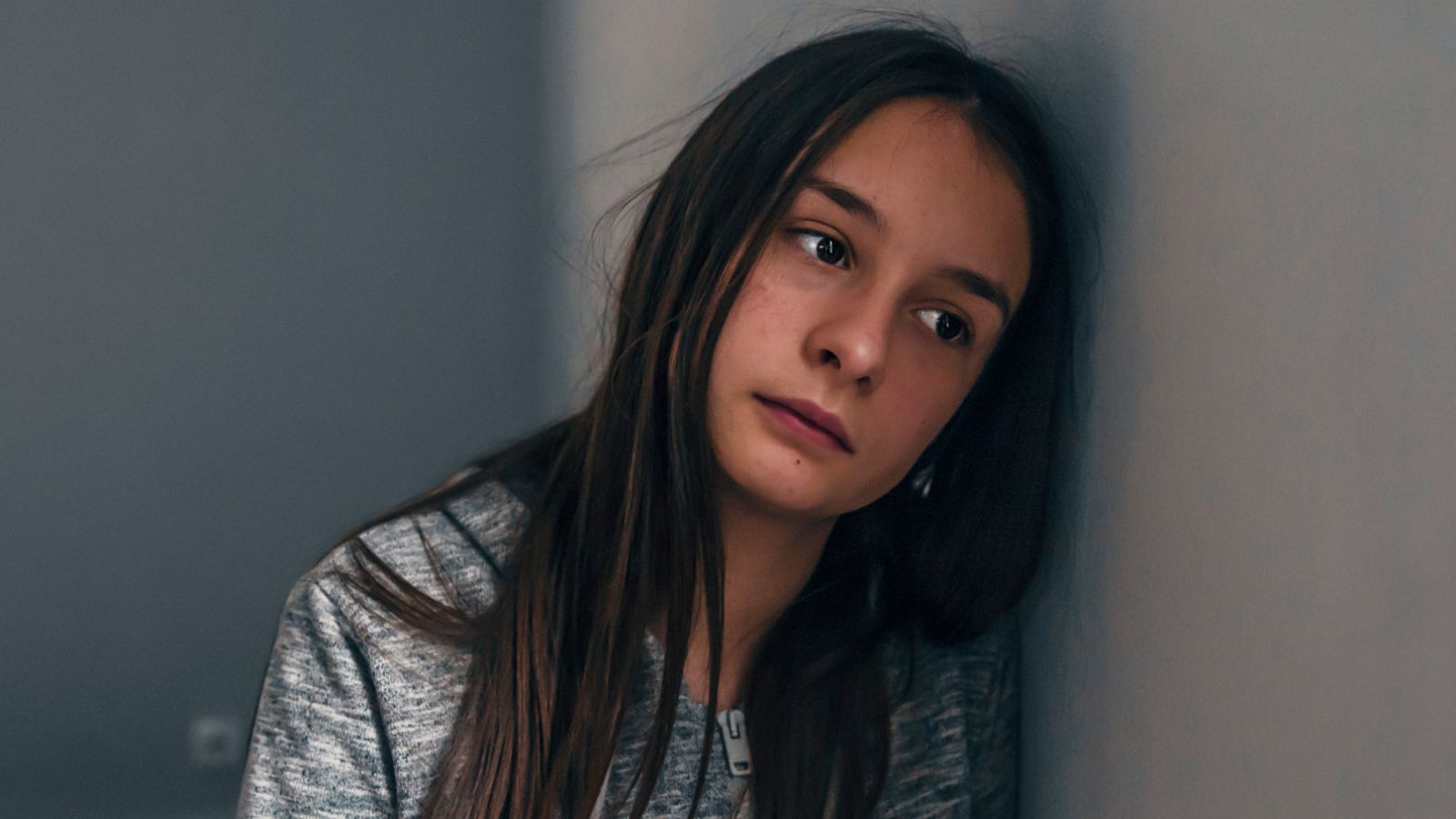People who grew up with abusive parents often display distinct behaviors that people who grew up in a more stable household do not. You’ll find 19 examples of these behaviors in this article.
Trust Issues

Children who grew up with abusive parents often have trust issues, and these feelings only intensify as they get older and become adults. Since they were never able to trust the people closest to them when they were growing up, they find it very difficult to trust others now.
Shyness

A person who was abused by their parents when they were young will likely be very shy. This person was frightened to express themselves when they were younger, as drawing undue attention to themselves made them the object of abuse. They find it hard to break out of their shells, even as adults.
Violence

Statistics from the National Coalition Against Domestic Violence show that “on average, nearly 20 people per minute are physically abused by an intimate partner in the United States.” Many people display violent behavior toward their partners because they were abused a lot when they were children.
Shouting

Shouting has no place in a healthy relationship. But those who were raised by abusive parents may know no other way of communicating but raising their voices. Because everyone else in their house screamed at one another, they do this now too as adults.
Anger

Someone who grew up in a home where they were constantly being abused by their parents could have adopted the aggressive traits of their parents. Because their parents used violence to deal with every situation, they’ve learned that this is the right way to solve problems.
Emotional Instability

Many people are emotionally unstable due to the trauma they faced as children while living at home. Because they never learned a healthy way to deal with their feelings when they were younger, they don’t know how to control them now as adults. These people have a lot of mood swings.
Hold Grudges

“[Forgiveness] can help free you from the control of the person who harmed you. Sometimes, forgiveness might even lead to feelings of understanding, empathy, and compassion for the one who hurt you,” says the Mayo Clinic. But someone who grew up with abusive parents was likely never shown forgiveness and, as a result, always holds grudges.
Vengeful

A person who was never shown empathy or love by their parents might grow up to really resent them. This might make them a vengeful person who’s seeking to get their own back on everyone because they never had the happy childhood memories that everyone desires.
Unconfident

Someone who grew up in a household where they were always being abused will not have a lot of self-confidence. This person was made to feel worthless throughout their entire childhood, so learning to feel good about themselves as an adult will be very difficult.
Independent

Children who grew up in households where love was rarely shown tend to be very independent children and even more independent as adults. They are this way because they have never had anyone to lean on, and they’re used to getting on with things alone.
Hyper-Vigilant

A person who grew up in a house with abusive parents will have a lot of trauma and bad memories that they’re constantly plagued with. They will be afraid of suffering from the same abuse when they’re older, so they’ll constantly be on alert for signs of danger.
Alone

The figures from Cross River Therapy show that “as much as 33 percent of the world’s population is lonely.” Many people are lonely because they don’t trust others. This is often the case with adults who were raised by abusive parents. They find it hard to trust other people, and they prefer their own company.
Pessimist

A person who grew up in a house with abusive parents is often pessimistic. Things didn’t go well in their lives when they were children, so they don’t expect them to go well now that they are adults. They find it very hard to imagine or accept that things can and will get better.
Friends

Most people have a couple of good friends who they feel very close to. But someone who grew up with abusive parents might not have many friends at all. This person might find it hard to get close to others because they do not trust them or because of their low self-esteem.
PTSD

Research shows that “childhood abuse is associated with a wide range of negative outcomes, including increased risk for development of emotion dysregulation and psychopathology such as posttraumatic stress disorder (PTSD).” Childhood trauma and abuse can cause nightmares and distressing flashbacks, even as adults.
Relationship Problems

When a person suffers a lot of abuse when they are a child, this makes adult life very difficult for them. They often struggle to maintain healthy romantic relationships because of their fear of being abused and how difficult it is to let someone get close to them.
Goals

Someone who was abused in the house they grew up in might find it hard to set goals for the future. They struggle with this because things have never gone their way, and they feel like setting goals is a way of setting themselves up for disappointment.
Extreme Sadness

A person who was abused by their parents might struggle with feelings of extreme sadness their entire lives. They feel this way because the people who were supposed to be closest to them let them down, and they find this very hard to deal with.
Unempathetic

People who have lived through trauma often find it hard to deal with other people’s suffering. They might find it irritating or show a lack of empathy for people when they complain about problems that seem like nothing in comparison to the things they went through as a child.
